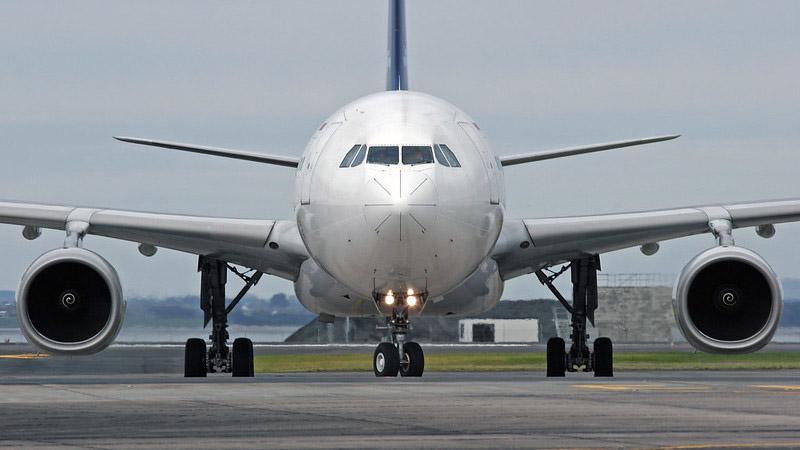Rolls-Royce, IATA Finalizing Aftermarket Competitiveness Deal

Credit: Rolls-Royce
Rolls-Royce and IATA are finalizing an aftermarket policies agreement that clarifies the manufacturer’s positions on using third-party alternatives such as parts repairs on its engines, and what, if any, ramifications such cost-saving moves have on warranties and other services. Talks with “a very...
Subscription Required
This content requires a subscription to one of the Aviation Week Intelligence Network (AWIN) bundles.
Schedule a demo today to find out how you can access this content and similar content related to your area of the global aviation industry.
Already an AWIN subscriber? Login
Did you know? Aviation Week has won top honors multiple times in the Jesse H. Neal National Business Journalism Awards, the business-to-business media equivalent of the Pulitzer Prizes.

